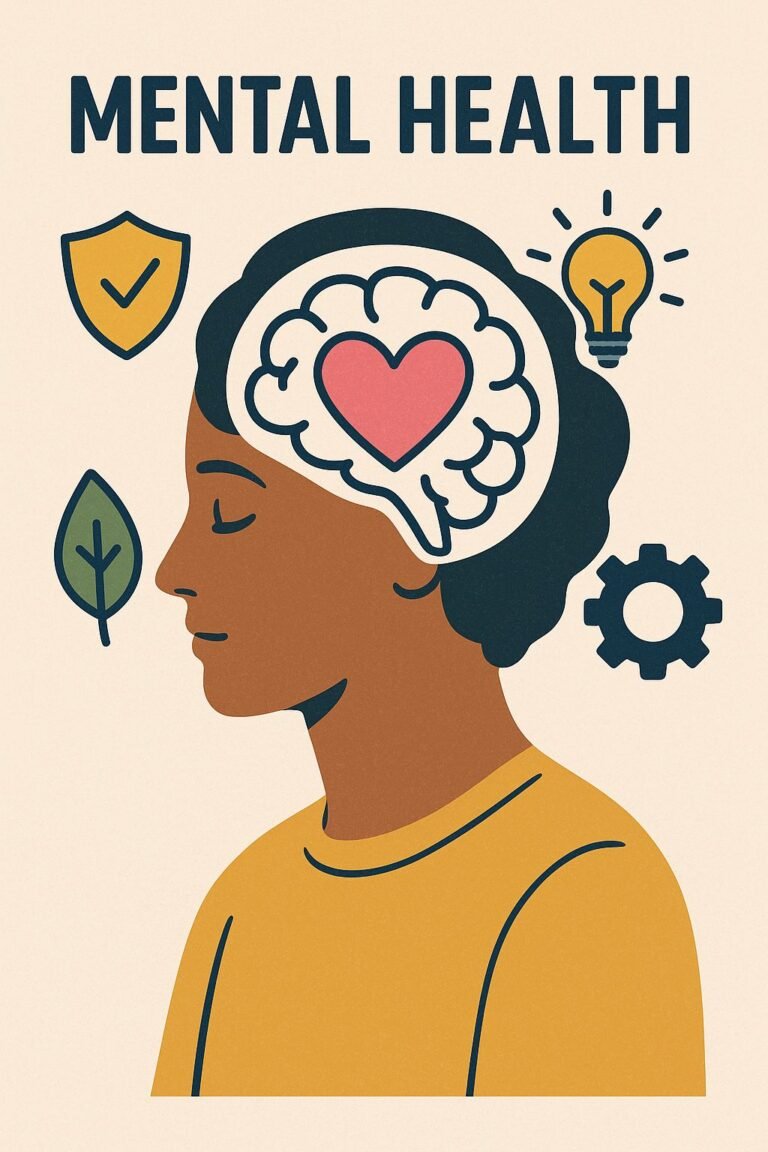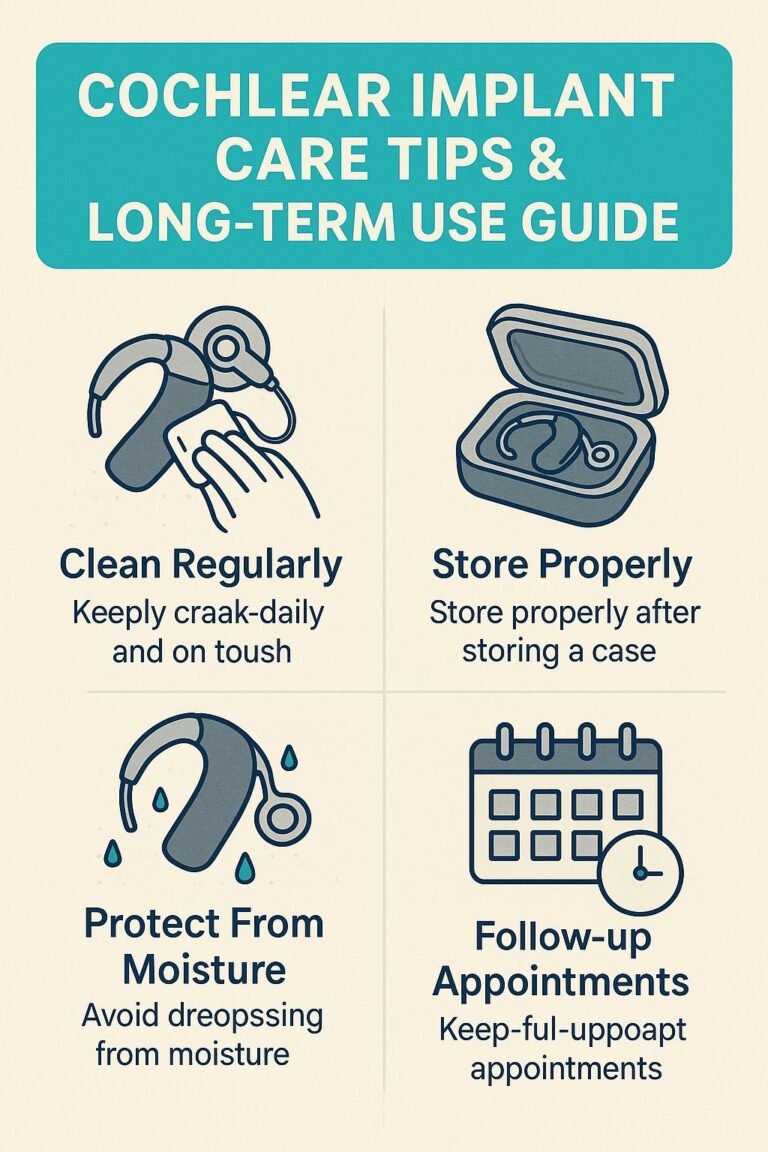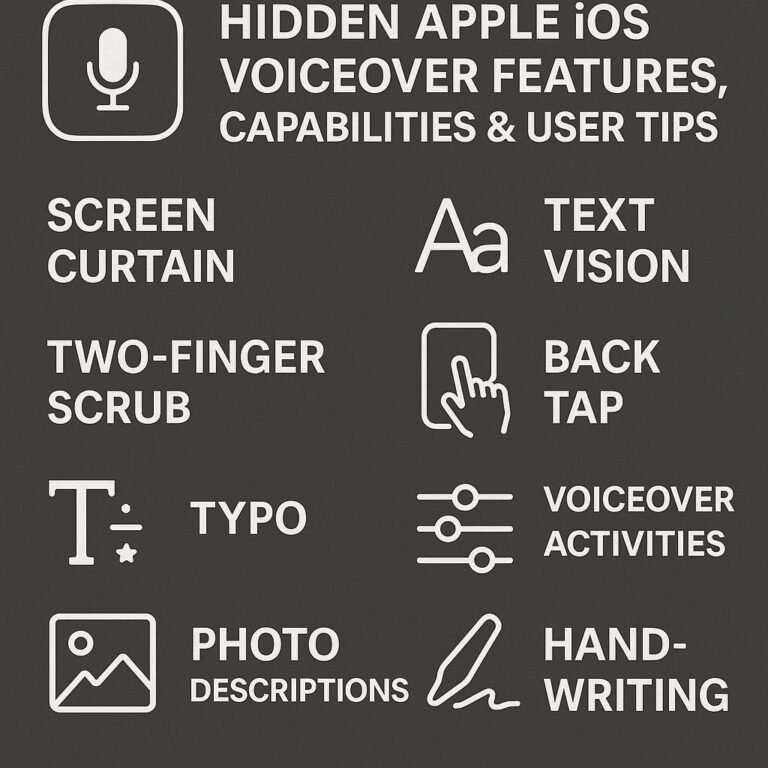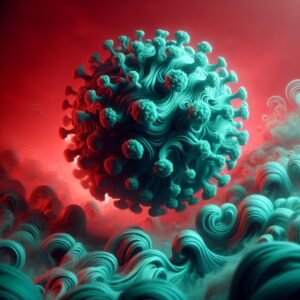Top Takeaways
- Women should aim to drink about 2 liters (8 cups) of water daily, while men should aim for 2.6 liters (10 cups).
- Your age, activity level, and the climate you live in can all significantly affect how much water you need to drink.
- Water-rich foods like fruits and vegetables can help you reach your daily fluid intake goals.
- If you’re dehydrated, you might experience symptoms like fatigue, dizziness, and confusion.
- Drinking water regularly throughout the day can help improve your mood, concentration, and physical performance.
Why It’s Important to Stay Hydrated Every Day
Water is the building block of life and is essential for almost every function in your body. Whether it’s regulating your body temperature or keeping your skin glowing, water plays a key role. But how much should you be drinking each day to stay healthy and hydrated? Let’s break it down.
The Importance of Water for Health
Water makes up approximately 60% of our bodies. It plays a vital role in many bodily functions, including digestion, absorption, circulation, and nutrient transportation. If we don’t get enough water, these functions can become impaired or cease altogether.
Picture attempting to operate a vehicle without oil. It may function for a time, but eventually, the engine would overheat and fail. In the same way, our bodies have difficulty performing at their best without sufficient water. As a result, staying hydrated isn’t just about satisfying thirst—it’s about preserving overall health.
Hydration 101
Hydration is all about giving your body the fluids it needs to run smoothly. It’s not just about drinking water when you’re thirsty. It’s also about keeping a balance between the water you drink and the water you lose through your daily activities.
Our bodies lose water every day in various ways, such as through sweat, urine, and even our breath. It’s important to replace this lost water. Drinking water, eating foods that are high in water, and listening to your body are all important parts of staying hydrated.
Instant Advantages of Staying Hydrated
Being well-hydrated makes you feel good—it’s as straightforward as that. Adequate hydration can elevate your spirits, sharpen your mental clarity, and increase your vitality. It also assists your body in maintaining a stable temperature and gives your skin a healthy, glowing appearance.
Primarily, maintaining hydration can ward off headaches and enhance your ability to concentrate. Picture attempting to pay attention in class or at work with a throbbing headache. It’s not enjoyable, and frequently, dehydration is the culprit. As a result, drinking water throughout the day can prevent these problems.
How Much Water Should You Drink Each Day?
We’ve established that staying hydrated is essential, but how much water should you be drinking each day? There’s no definitive answer, as everyone’s needs are different, but there are some general rules of thumb to follow. For more information on maintaining a healthy lifestyle, you might find grounding sheets for a better night’s sleep to be an interesting read.
Recommended Water Intake for Men and Women
The typical adult man should aim to drink about 3 liters (13 cups) of total fluids a day, while women should aim for about 2.2 liters (9 cups). But, when it comes to just water, men should drink about 2.6 liters (10 cups) and women should drink about 2 liters (8 cups) each day. Staying hydrated is essential, and can even contribute to a better night’s sleep.
While these numbers aren’t absolute, they do provide a good starting point. It’s important to adjust your intake based on your personal needs and circumstances, which we’ll get into next.
What Influences Your Water Needs?
There are a few things that can affect how much water you should drink, such as:
- Age: The amount of water needed can differ between children and older adults.
- Activity Level: Individuals who are more active may require more water to replenish fluids lost through perspiration.
- Climate: The need for water increases in hot or humid climates.
- Health Status: Hydration needs can be affected by illnesses or health conditions.
So, while general guidelines can be useful, it’s crucial to pay attention to your body and make adjustments as needed. For more information, check out this article on water and healthier drinks.
How Much Water Should You Drink Based on Age?
How much water you should drink per day can vary depending on your age. For example, kids between the ages of 4 and 8 should aim to drink around 1.2 liters (or 5 cups) of water each day. On the other hand, teenagers and adults should stick to the general guidelines unless they have certain health issues that require them to drink more or less water.
On the contrary, seniors might not feel as thirsty as others, so it’s important for them to make an effort to drink water all day to prevent dehydration. For more tips on maintaining health, especially in challenging times, check out these post-COVID lockdown solutions.
Fulfilling Your Daily Hydration Needs
Staying hydrated doesn’t mean you have to guzzle water all day. You can meet your daily hydration needs with a mix of water, other drinks, and foods high in water content.
Drinks like milk, tea, and coffee, in addition to plain water, all help you get the fluids you need. But, you should try to avoid drinks with a lot of sugar because they can cause other health problems.
Mixing Water with Other Drinks
Even though water is the optimal choice for hydration, other drinks can also help you reach your daily fluid intake. Beverages like milk, herbal teas, and natural fruit juices not only hydrate but can also be included in a healthy diet. But, you need to watch out for the sugar content in some drinks. For example, fizzy drinks and energy drinks can add unneeded calories and sugar to your diet, which could negate the hydration benefits.
How Food Can Help You Stay Hydrated
Drinks aren’t the only way to stay hydrated. Many types of food are full of water and can help you meet your daily water intake goals. Fruits and vegetables like watermelon, cucumbers, strawberries, and lettuce are tasty and full of water.
Take watermelon for instance, it is composed of approximately 92% water, which makes it an excellent snack for a hot day. Including these types of water-filled foods in your meals and snacks can assist you in staying hydrated without even being aware of it. Therefore, the next time you are packing a lunch or selecting a snack, think about adding some of these hydrating foods to your meal.
Modifying Water Consumption When Exercising
Physical activity amplifies the body’s demand for water. Sweating during a workout depletes the body’s fluids, which must be replaced to ensure peak performance and avoid dehydration. Drinking water before, during, and after exercise is essential.
If you’re doing moderate exercise, you can get by with drinking water as you feel thirsty. But if you’re going to be exercising intensely for longer than an hour, you might benefit from a sports drink that replaces the electrolytes you lose when you sweat. Keep in mind that staying hydrated isn’t just about performing better during your workout—it’s also about recovering afterward.
Why Dehydration is Dangerous
Dehydration is what happens when your body loses more water than it’s getting, and it can have some pretty nasty side effects. Even mild dehydration can cause things like headaches, tiredness, and feeling dizzy. But if you’re severely dehydrated, it can actually be deadly and you need to get medical help right away.
- Feeling tired and sluggish
- Dryness in the mouth and skin
- Less frequent urination
- Heartbeat that feels faster than normal
So, it’s important to spot the symptoms of dehydration early on and do something to get rehydrated.
How to Spot Dehydration
Being able to identify the signs of dehydration can help you take steps to prevent it from becoming severe. Some common symptoms include having a dry or sticky mouth, dark yellow urine, and feeling thirsty. More serious signs include confusion, dizziness, and a rapid heartbeat. For more information on maintaining proper hydration, you can visit the CDC’s guide on water and healthier drinks.
Listening to your body and drinking water when you first feel thirsty is crucial. This can help you avoid dehydration and the health risks that come with it.
Health Impacts Over Time
If you’re frequently dehydrated, it can have lasting impacts on your health. Over time, not drinking enough water can result in kidney stones, urinary tract infections, and even chronic kidney disease. Additionally, being dehydrated on a regular basis can impact your cognitive functions and mood, resulting in difficulty focusing and irritability.
So, keeping yourself well-hydrated isn’t just important for now, but it’s also a long-term commitment to your health and wellness.
Special Attention for Those at Risk
Some groups of people are more prone to dehydration and may need to pay extra attention to their water intake. For instance, older adults often don’t feel thirsty even when they need water. Likewise, young children are more likely to get dehydrated, especially when it’s hot or they’re sick.
Women who are pregnant or breastfeeding require more water than usual. It’s important for these groups to be aware of their fluid intake and drink enough water to maintain their health.
Easy Ways to Drink More Water
Drinking enough water doesn’t have to be a hassle. With a few easy tricks, you can effortlessly drink more water and stay hydrated all day long.
Starting your day with a glass of water is a great way to get your metabolism going and set the stage for a day of hydration. You can also set reminders on your phone or use an app to track your water intake to help you meet your hydration goals.
Here’s the human content:
- Have a glass of water before every meal.
- Use a water bottle that has time markers on it to help you keep track of how much water you’re drinking.
- Add fruits or herbs to your water to give it some flavor.
- Set reminders for yourself every hour to take a drink of water.
Always Have a Water Bottle With You
One of the easiest ways to make sure you’re drinking enough water is to always have a water bottle with you. Choose a bottle that’s easy for you to carry around and refill, and keep it somewhere you can see it all day. Seeing the bottle all the time will remind you to drink water and can help you drink more water every day.
Monitoring Your Daily Water Intake
Monitoring your daily water intake can be a game-changer. Whether you use a dedicated app, a journal, or a simple tally on a sticky note, monitoring helps you stay accountable. By knowing how much water you’ve consumed, you can make informed decisions about when to drink more.
In the end, the decision to stay hydrated is in your hands. By adding these methods to your everyday life, you can guarantee you’re satisfying your body’s fluid requirements and reaping the rewards of ideal hydration.
Opting for Water Instead of Sugary Beverages
Opting for water instead of sugary beverages is a simple and effective way to stay healthy and hydrated. Sugary beverages like soda and energy drinks can add unnecessary calories and sugars to your diet, potentially leading to weight gain and other health problems. Water, however, is free of calories and helps flush toxins from your body.
Next time you’re craving a sweet beverage, consider choosing water. It may take some time to adjust, but your body will appreciate it. If you think water is too dull, you can add fruits or herbs to make it more enjoyable.
Adding Flavor for Pleasure
Some people find the taste of plain water boring, which discourages them from drinking enough. Luckily, there are easy ways to make water more interesting. Adding slices of lemon, cucumber, or mint to your water can make it taste better without adding extra calories.
Moreover, you can try various mixes of fruits and herbs to discover what you like best. Not only does this make drinking water more fun, but it also gives you extra nutrients from the infused ingredients, similar to how peptide therapy can offer additional health benefits.
Conclusion: Make Drinking Water a Daily Routine
Drinking water is a simple and effective way to stay healthy. By knowing how much water your body needs and finding ways to meet those needs, you can improve your physical and mental health. Remember, it’s not just about drinking water when you’re thirsty—it’s about making drinking water a daily routine.
Keeping a water bottle handy, opting for water instead of sweet beverages, and adding a bit of flavor to make it more enjoyable are all simple ways to make sure you’re staying hydrated. Remember these suggestions and you’ll be on the path to a healthier, better-hydrated you.
Common Questions
A lot of people are curious about how much water to drink and how to stay hydrated. Here are some of the most frequently asked questions and their responses:
What else can I drink besides water to stay hydrated?
Staying hydrated doesn’t just mean drinking water. Other beverages like tea, coffee, milk, and natural fruit juices are also considered fluids. Plus, you can also get water from foods, especially fruits and vegetables, which are high in water content.
How do I know if I’m getting enough water?
Your body will usually let you know if you’re not getting enough water. If you’re not often thirsty and your urine is pale yellow or clear, you’re probably drinking enough water.
Moreover, paying attention to how you feel during the day can also help. If you’re feeling tired or having headaches, it might mean that you need to drink more water.
What happens if I drink too much water?
Yes, staying hydrated is important, but overdoing it can lead to a condition known as water intoxication or hyponatremia. This condition can occur when the electrolyte levels in your body are thrown off by excessive water consumption. If you’re looking to improve your overall health, you might also consider these easy alcohol detox tips.
- Feeling sick and throwing up
- Migraines
- Feeling confused or disoriented
- Worst case scenario, you could have seizures or fall into a coma
So, it’s crucial to pay attention to what your body is telling you and not go overboard. You need to strike a balance. Learn more about outbreak updates to stay informed.
Does what I eat impact how much water I should drink?
Absolutely, what you eat can affect how much water you need to drink. If you eat a lot of salt, sugar, or protein, you may need to drink more water. On the other hand, if you eat a lot of fruits and vegetables, which are high in water, you may not need to drink as much water.
Do athletes need to drink more water than non-athletes?
Since athletes lose more fluids through sweat when they exercise, they typically need to drink more water than non-athletes. Staying hydrated before, during, and after workouts is key for athletes to keep their performance levels up and recover properly after exercising.
For extended activities, including sports drinks can help replenish the electrolytes you’ve lost. Hydration is a crucial part of an athlete’s training routine, so don’t forget about it.
By grasping these hydration concepts, you can customize your water consumption to suit your individual needs and maintain peak health. For those looking to improve their overall well-being, consider exploring grounding sheets for a better night’s sleep. Here’s to a healthier, more hydrated lifestyle!
Understanding the benefits of peptide therapy can be essential for those looking to improve their overall health and wellness. This therapy involves using specific chains of amino acids to target various health issues, from muscle growth to anti-aging effects. For those interested in exploring this further, the best peptide therapy benefits offer a comprehensive guide on how these treatments can be utilized effectively.










